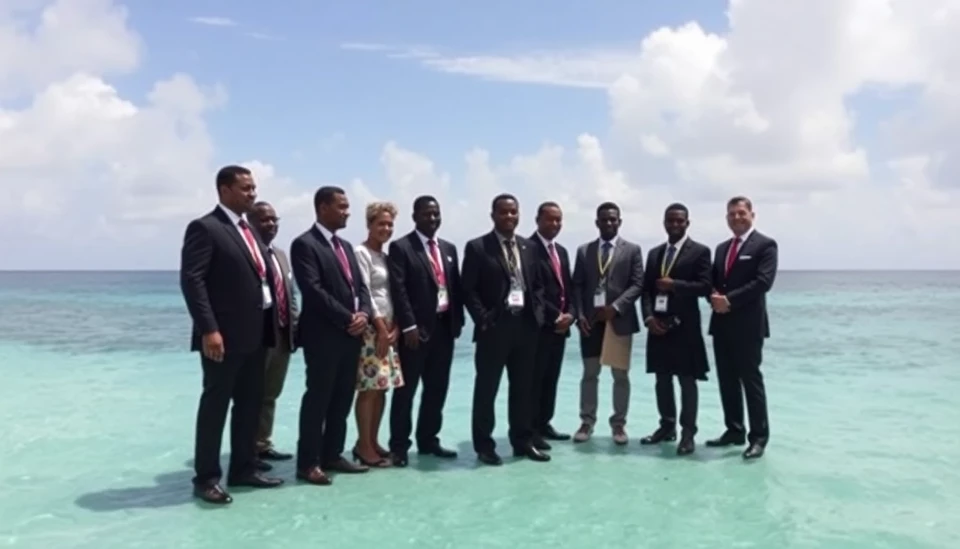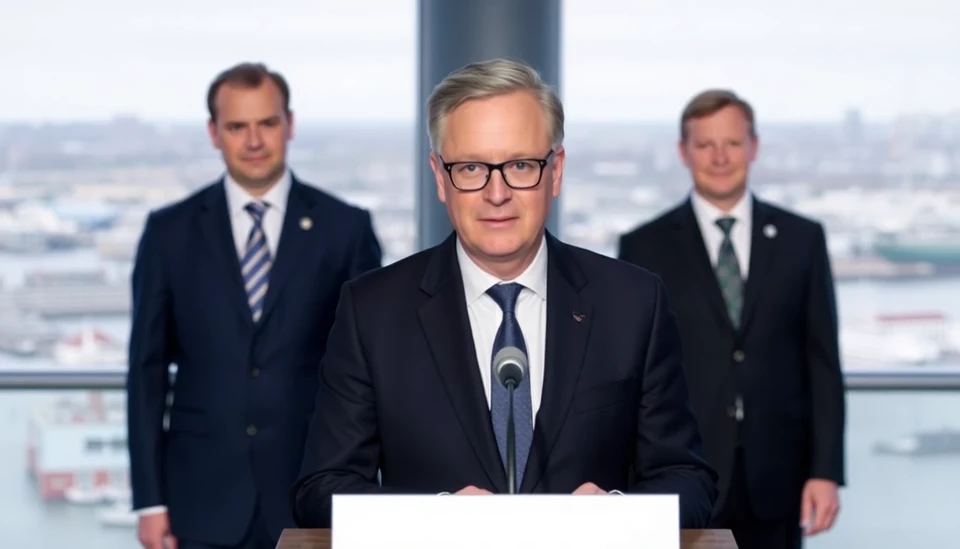
As the 29th Conference of the Parties (COP29) unfolds, the Caribbean nation of the Bahamas is raising an urgent call for increased financial support to combat the ongoing threats posed by climate change. With rising sea levels and extreme weather events increasingly jeopardizing their survival, Bahamian officials stress the need for immediate action and adequate funding from wealthier nations to safeguard vulnerable coastal communities.
During a recent address at the summit, Bahamian Prime Minister Philip Davis underscored the dire situation facing his country. He highlighted that the Bahamas, like many low-lying island nations, is disproportionately affected by climate-related disasters, despite contributing minimally to global greenhouse gas emissions. The premier articulated that countries such as his are often left to bear the brunt of climate impacts while needing the vital resources necessary for resilience and adaptation.
Highlighting the island's frequent encounters with hurricanes, rising sea levels, and a shifting climate, Prime Minister Davis pointed out that the Bahamas is facing 'existential threats' yet finds itself grappling with a critical lack of funds to implement necessary protective measures. He emphasized that the international community must recognize the urgency of the situation as climate adaptation and resilience strategies often require substantial investments that are currently out of reach for many developing nations.
Additionally, the prime minister reiterated the commitment of the Bahamas to lead by example, pledging to reduce its carbon footprint and expand renewable energy initiatives. However, he warned that noble ambitions cannot be translated into reality without substantial investment and support from developed economies. The Prime Minister's comments resonate in the larger narrative of COP29, which focuses on mobilizing resources to address climate justice and adaptation strategies.
The meeting also raised concerns regarding the sluggish pace of disbursement of climate finance pledged by developed countries during previous agreements. Prime Minister Davis described the financial assistance provided as insufficient in supporting countries facing immediate climate threats. With very few funds flowing through to urgent climate projects, he likened the funding situation to a 'broken promise' that could potentially lead to a humanitarian crisis in the region.
As discussions continue at COP29, the Bahamas urges not only for increased financial commitments but also for clear strategies that ensure the promised funds reach those who need them most. The nation stresses the importance of establishing a robust climate finance mechanism that holds donor countries accountable for their pledges, particularly in the context of a warming world that is making adaptation increasingly necessary.
The implications of failing to act are dire, not just for the Bahamas but for island nations globally. Therefore, as COP29 progresses, the international community faces pivotal decisions in its response to the climate crisis. The calls from the Bahamas shine a spotlight on the broader demand for equitable resource distribution and highlight the urgent need for collective action in the fight against climate change.
In conclusion, the Bahamas is leading a poignant reminder of the realities faced by many developing nations at COP29—underscoring the necessity of urgent assistance and transformative actions to combat the devastating impacts of climate change.
#COP29 #ClimateChange #Bahamas #ClimateFinance #ClimateCrisis #SustainableDevelopment #Adaptation #ClimateJustice #RenewableEnergy
Author: Peter Collins




